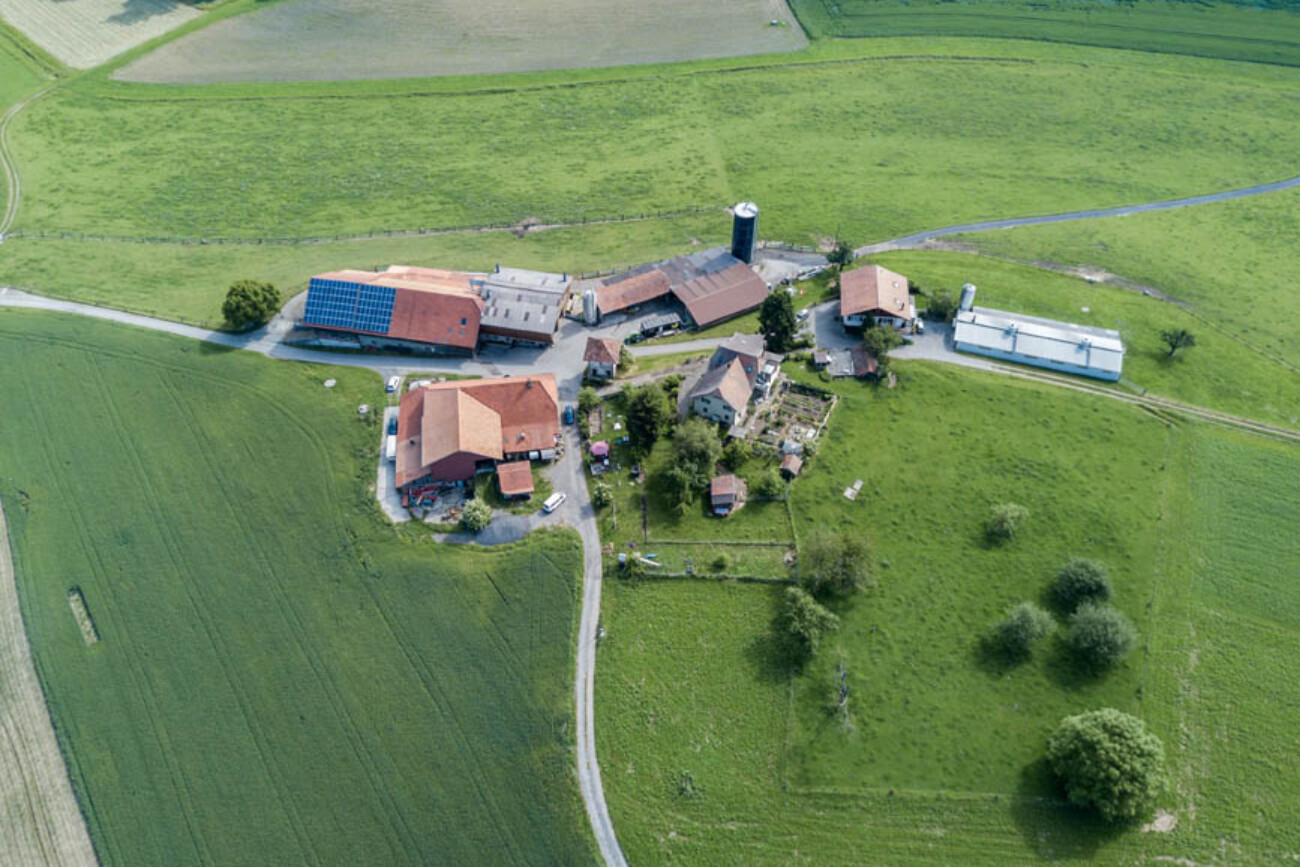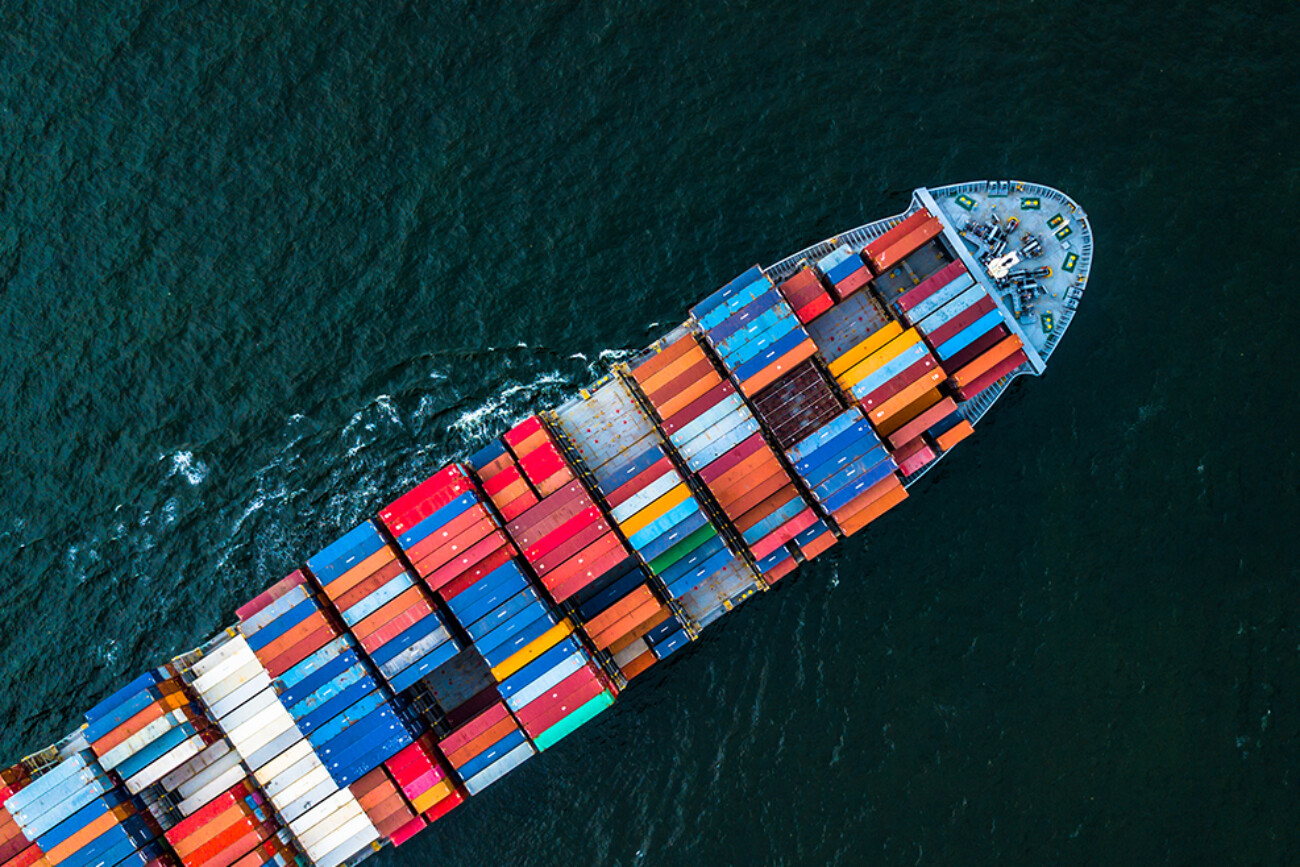Global Macro
When Georges Clemenceau declared that war is too important to leave to the generals, he presciently foretold of the disasters ahead in ’14-18 and beyond. Today’s parallels to the two Balkan wars of 1912 and ‘13 as well as the events leading up to August ‘14, the official starting shots of WW1, are staggering and seemingly none of the lessons of these disasters have been retained.
To believe that Europe went to war to avenge and or defend the assassination of an Austrian Prince is to believe in fairies. None of the protagonists, Austria apart, cared less. It was more precisely that the intricate web of treaties and agreements created a waterfall of events that no one could prevent. It was almost a war by association. What they must have been thinking in Paris, London, and Berlin that fateful day. Moscow and Vienna had reason to fight maybe, but the rest had no qualms beyond a slow burning arms race between Britain and Germany.
…unless the Fed can show some semblance of understanding
where we are in the cycle, we fear more raises ahead.
It is with this same blindness that the West has found itself fighting a war in Ukraine, it can never possibly win. Maybe though, victory is not the goal and certainly it doesn’t look like there’s even a tactical aim. When Falkenhayn attacked in Verdun in 1916, his goal was not to take Verdun; it was to bleed the French army white. To remove France from the war would have meant certain defeat for Britain. That he failed and that the attackers lost more men than the defenders in both Verdun and The Somme betrays the same tactics and military calculations evident in western thinking today in Ukraine. For all the advancements made in military equipment, medical aide, and robotics, we are now seemingly run by foolish politicians rather than short sighted generals. Clemenceau may well have changed his opinion had he been around today. Falkenhayn, like Ludendorff his successor, was fired in disgrace. Sadly, it’s harder to fire politicians.
The Fed continues to muddle around a dark room with a dim flashlight. It is clear that a recession is ahead, despite what some banks think. They will raise until they break something is too approximate for our taste and unless they can show some semblance of understanding where we are in the cycle, we fear more raises ahead.
As it turns out, our yields are rising finally; local banks have spent their dollars and our capital is becoming more and more precious. We continue to weigh asking for higher pricing versus asking for more collateral. Too many of our peers in this space are solely motivated by compensation. We continue to focus on capital repatriation first. Interest like advancing soldiers into trenches, can be decimated at the touch of a button.
Michel Ciambra, Partner
Agricultural Commodities
It’s finally here, the end of the Black Sea Grain Deal. As expected, Russia refused to renew the Deal, citing that support for the export of Russian grain has not been met by the West, and therefore it will no longer allow the safe passage of vessels from Ukrainian ports. The writing was on the wall, and grain deliveries out of Ukraine began moving westward in anticipation. This slows down volumes but does not bring them to a halt. Danube infrastructure operating at full capacity still offers a reasonable way for goods to travel. But alas, to double down on their departure from the deal, Russia is shutting this door as well and has now begun bombing Danube ports.
Wheat prices moved up 19% from July 16th to 24th, as the Deal came to a halt on July 17th. Thereafter, prices have come back down to pre-deal levels, despite the additional bombings that we would expect to further hamper export volumes. Last season, the grain corridor was responsible for 61% of wheat exports, and we would imagine that the Danube is responsible for a large chunk of the balance. With both offline, at the height of Ukraine’s export season, the question is, why are prices coming down?
Traders make their margin on volatility, uncertainty, and opacity.
All three have increased since the war in Ukraine,
and we expect this to continue.
Russia is now the clear leader of global wheat exports; however, much of the globe is shying away from the complications of buying from Russia. Nothing precludes them from doing so, but the added KYC, insurance requirements, and multitude of questions from banks from which the transactions flow adds unwanted friction for many buyers, especially in the West. And thus, the resulting discount in Russian wheat prices, which trade around $100/MT cheaper than US, Canadian or Argentine wheat; that is a 30% discount. So long as there is no absolute need for Russian wheat, and they are stuck selling towards the East, this spread may remain. However, any supply shock in western wheat production could result in a strong shift upwards and a narrowing of the spread. Perhaps this was the intent of withdrawing from the Deal in the first place.
Meanwhile, Brazil had a record soybean harvest that firmly replaced lower US exports throughout the 22/23 season. US soy exports are expected to remain strained as biofuel policies will support processing at home. We noted in our February 2023 Monthly that this would be the case and to watch out for a more fragile market, where any supply shocks out of South America could cause higher prices. At that time, we also noted the expectation of a strong Brazilian harvest and that “prices for the next few months should remain subdued”, which has been the case. While it’s fun to point out a correct forecast, the point we are making is that the new paradigm is one in which a larger portion of soybean exports shall come from Brazil in the future. This leads to a concentration issue; whereby Brazilian crop events will have a larger effect on supply in the future, and therefore price. As one season ends, the next begins, and planting of Brazilian soy shall recommence in the next 30-45 days. We’re keeping an eye out.
Lastly, we note that ADM, Bunge, and Cargill have all announced stronger than expected results. This does not come as a huge surprise, as traders make their margin on volatility, uncertainty, and opacity. All three have increased since the war in Ukraine, and we expect to continue this way as the Black Sea Grain Deal remains dead.
Andrew Pelekis, Partner
Nord45Partners ©2023


